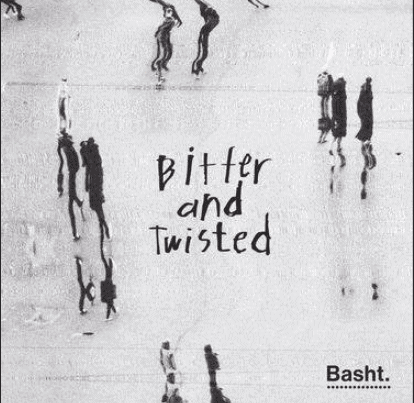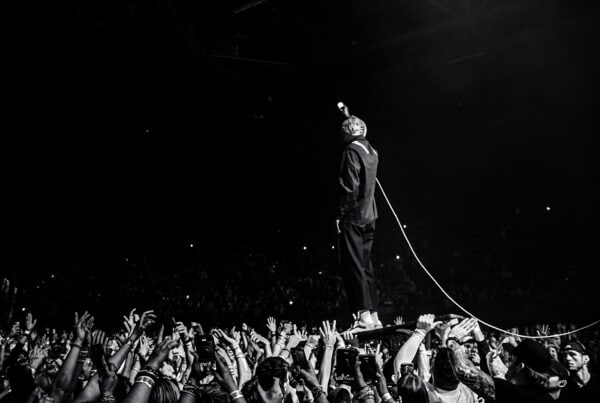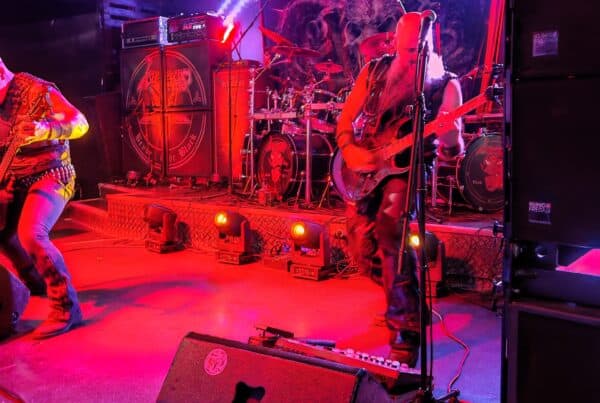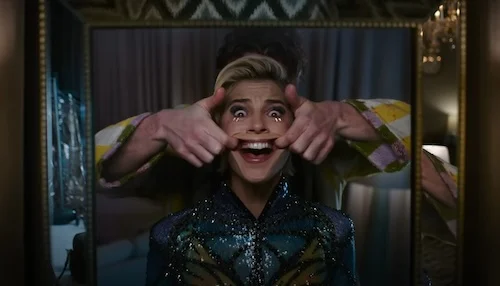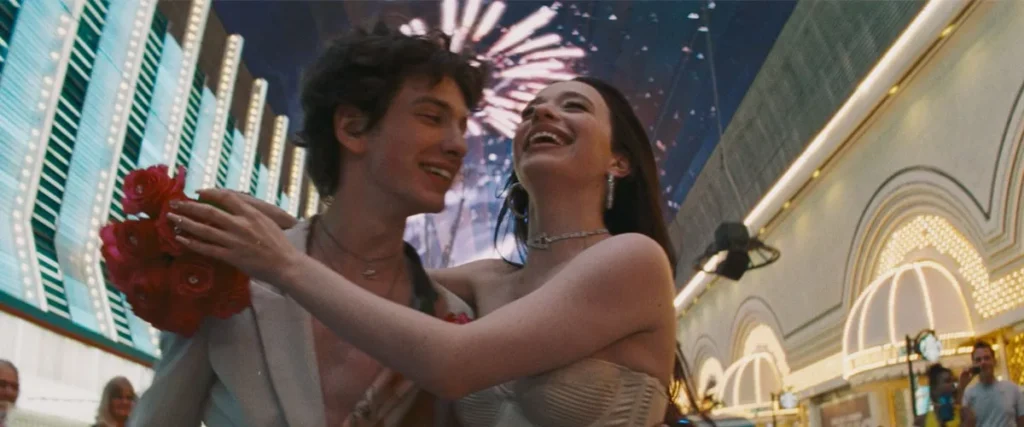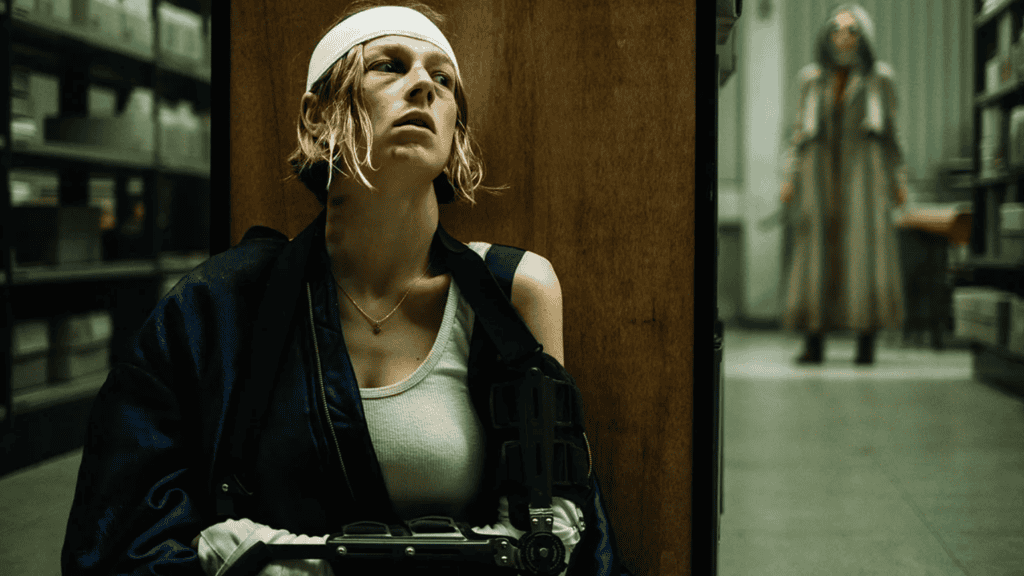“Dis joint is based on some fo’ real shit”, say the opening titles of Spike Lee’s BlacKkKlansman.
As far as a retelling of a true story goes, this film is not interested in just going through the motions. It has powerful source material; the story of Ron Woodruff’s infiltration of the Ku Klux Klan is definitely one worth telling, but Lee’s singular perspective turns this version in to something more interesting, with a satirical, biting edge that compliments the twists and turns of the story.
In 1979, Ron Stallworth (John David Washington) is made the first black police officer in Colorado Springs, Colorado, and faces discrimination from the very beginning. Having spent some time working in the records room, where he is subjected to multiple racial epithets from co-workers, he puts in a request to work undercover, and is assigned the role of infiltrating a speech by a former Black Panther associate, Kwame Ture. After gaining information successfully at the rally, Stallworth sees an advert for the Ku Klux Klan in the paper and decides to call them to enquire about joining, pretending to be a white man. Thus begins a complicated mission to infiltrate the Klan, with Stallworth recruiting his white colleague Flip Zimmerman (Adam Driver) to play him in person, while he continues to talk with them over the phone, even managing to have multiple conversations with Grand Wizard/Director of Communications David Duke (Topher Grace).
It’s a captivating story of subterfuge and broiling tension that frankly portrays the level of racism that festers throughout society, not just in the Klan. Lee makes no qualms about connecting the story to present day events. Indeed, at times the parallels are uncanny and the true value of the interactions is readily apparent. There are other moments where the parallels are a little less subtle, but these don’t take away from the film’s overall impact and instead hammer home that the spectre of institutional racism remains as present in modern day America as it did in the late 1970s.
Performances are uniformly excellent. Washington is fantastic as Stallworth, a principled man who often finds himself wrestling with a society that wishes him ill in his quest to try to protect it. It is a complex relationship that shifts throughout the film, and Lee makes sure to temper every happy moment with a crash back down to reality, to mirror that disparity between the value he manages to provide and the way that society sees him. Topher Grace is also superbly cast as Duke, the charismatic and affable leader of the KKK with whom Stallworth has a number of conversations and whose conviction to the cause, especially when married with his genial nature, is consistently alarming.
It is, however, also amusing, and the film maintains a drily comic tone throughout. Stallworth and Duke’s conversations are consistently funny and Grace manages to portray Duke’s sense of superiority perfectly. Other great work comes from Adam Driver as Stallworth’s colleague Flip Zimmerman, who is tasked with actually meeting the KKK members and whose nuanced reactions form a vital part of the backbone of the film, and from Laura Harrier as Patrice Dumas, the president of the black student union at Colorado College and someone who becomes involved with Stallworth, while maintaining her own admirable agenda.
Any flaws BlacKkKlansman in its desire to paint parallels between eras is overcome by Lee’s sharp film-making skill, and a brilliant mix of witty dialogue and dramatic tension that makes the film much more cinematic than it ever is didactic. It can be commended for its ambition while also being lauded for its cinematic prowess, and that combination is a worthy one, and makes it Lee’s best work for a long time.
To see when the film is showing click here

